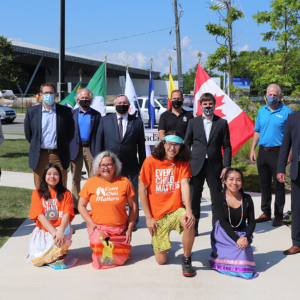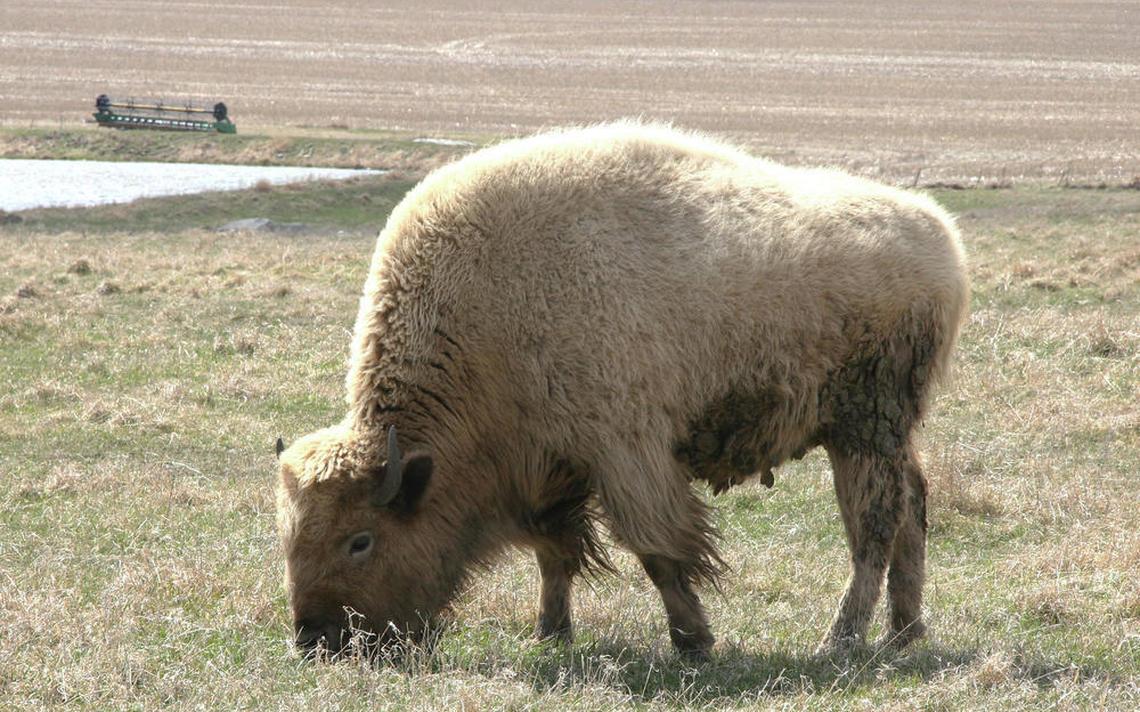The Native Canadian Centre of Toronto (NCCT) recently announced that they have successfully obtained funding for High Support Housing through the Toronto Central Local Health Integration Network (TCLHIN). The High Support Housing program will provide transitional housing support for Indigenous youth aged 16-24 who have mental health, addictions or substance use challenges.
This new funding opportunity has been achieved through a partnership with Central Toronto Community Health Centres, Good Shepherd Non-Profit Homes Toronto, Reva Jewell Aboriginal Supportive Housing and with the ongoing support and input of the NCCT’s Aboriginal Youth Council.
The new funding is also a continued affirmation of the TCLHIN’s commitment under the Aboriginal Youth Mental Health and Addictions Initiative and to address the specific needs of Aboriginal youth who require greater support in obtaining housing.
Housing for Indigenous youth has long been identified as a need in the Greater Toronto Area with emphasis on a supportive housing framework. This new program called, ENAGB Saswaanhs (Nest) will provide 24/7, staffed accommodations to support the recovery goals of youth in need. The program will provide housing support for youth for up to eleven months. Each participant’s length of stay will be different, as it will depend on their ability to achieve their own personal goals. During their stay in ENAGB Saswaanhs, the staff will provide the resources and also reach out to other agencies that are needed to assist in each participant’s progress.
Larry Frost, Executive Director of the Native Canadian Centre of Toronto stated, “It is an absolute honour to be able to offer our youth a place of recovery and have them get back on their feet. With ENAGB Saswaanhs (Nest) and its team, we will strive to ensure that we assist our youth, the only thing we want in return from our youth is to have faith and never give up.”
Angela Robertson, Executive Director of Central Toronto Community Health Centres added, “Housing and a place to call home is a foundational tool for recovery and pursuit of opportunities to strengthen self and community. This housing initiative means that Aboriginal youth have access to a foundation that many take for granted and as a health centre we are committed to ensuring their foundation includes access to primary health care.”
David Noganosh, Executive Director at Reva Jewell Aboriginal Supportive Housing commented, “Supportive Housing that is culturally relevant is critical to alleviate the growing numbers of urban Aboriginal homeless youth, who also happen to be the fastest growing demographic in the country. ENAGB Saswaanhs will nurture cultural identity that will provide a fundamental healing process for self- determination. Some of the programming can include, getting their spirit names and knowing their clans.”
Nancy Garner, Director of Good Shepherd Non-Profit Homes Toronto explained, “We are very excited about this new resource to serve youth who live with mental illness and addictions. Research shows that 24-hour supports attached to housing have significant outcomes for those served. Our mission of seeing the person first before their challenges marries well with our partners in this initiative.“
Current LHIN funding allows for the ENAGB program’s operations, which include:
Eshkiniigjik Naandwechigegamig – A Place for Healing Our Youth which is a drop-in for Aboriginal youth with mental health and addictions issues to access case management, referral and assessment service and harm reduction resources provided within the traditional Aboriginal cultural matrix of healing including artistic expression, language, support circles, Elder knowledge and an outdoor cultural program. This will support youth as they work to identify their own goals and make life changes with continued support provided by our combined programming and services.
“Aabiish Gaa Biinjibaayin?” – “Where did we come from?” is a program designed in four sections throughout the year as an after school and weekend service to meet the needs of Aboriginal children & youth seeking to obtain a higher knowledge of their culture, language and history, and/or to address their mental health concerns.
The Native Canadian Centre provides services of a social, recreational, cultural and spiritual nature.
With more than 60,000 people of Native ancestry living and working in the Greater Toronto Area, the Centre continues to be a focal point for programs and services and continues to meet the needs of the community. Should you wish to receive updates, self-refer or refer youth to their programming and services, please send an email to Cynthia.Bell@ncct.on.ca or check out www.ncct.on.ca.








Comments are closed.